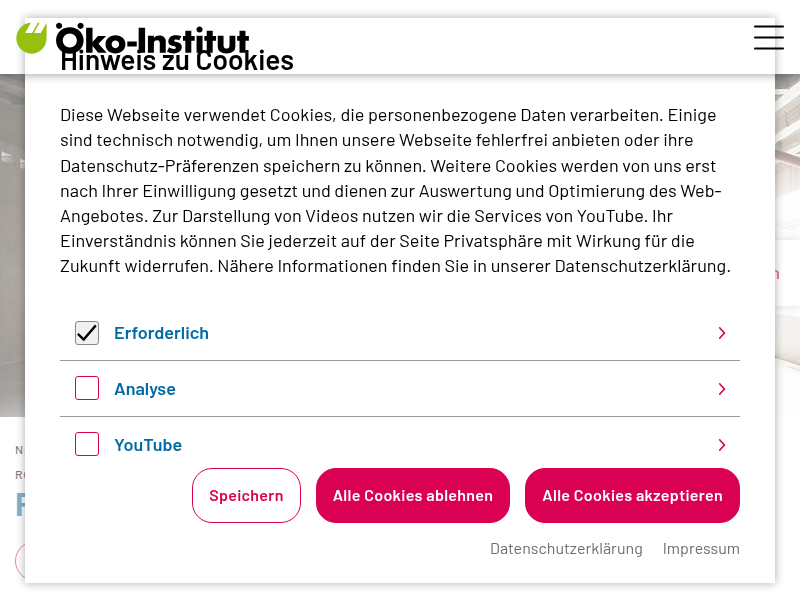The increasing demand for lithium-ion batteries (LIB), associated to energy storage for electric vehicles, electronics and renewable energy, has raised concerns about their proper disposal, recycling and end-of-life management (EoL). Currently, only half of all LIB reaching end-of-life globally are recycled, with the rest being disposed of. LIB are considered hazardous waste due to their content of hazardous substances, as well as flammable electrolytes. Unsound handling and disposal can lead to environmental pollution and fires. Effective and safe end-of-life management, lifetime extension, and material recovery are urgently needed, especially in those countries where best practices for disposal and recycling have not yet been implemented.
targets for climate change mitigation and renewable energy generation, with solar and wind

